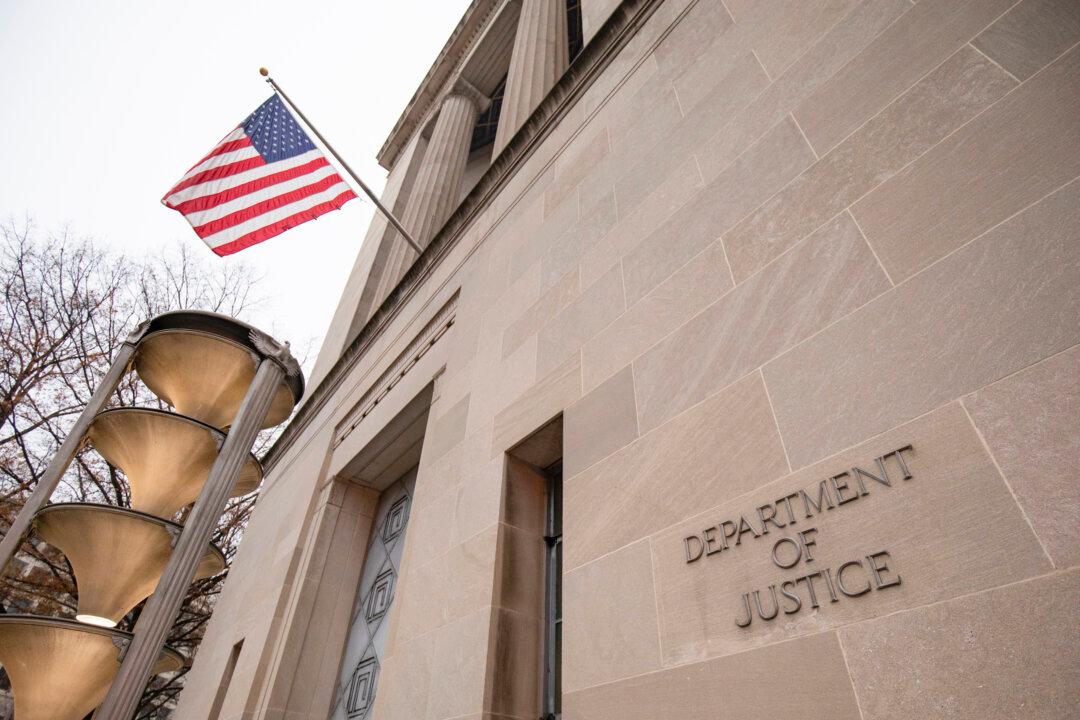The Justice Department (DOJ) said on Feb. 9 that it is beginning the process of replacing top federal prosecutors who were appointed by former President Donald Trump.
The practice, which the department stated is commonplace for new administrations, would allow President Joe Biden to install his own nominees to lead U.S. attorney offices across the country. The department stated that approximately one-third of U.S. attorney offices are already led by acting or interim leadership.




